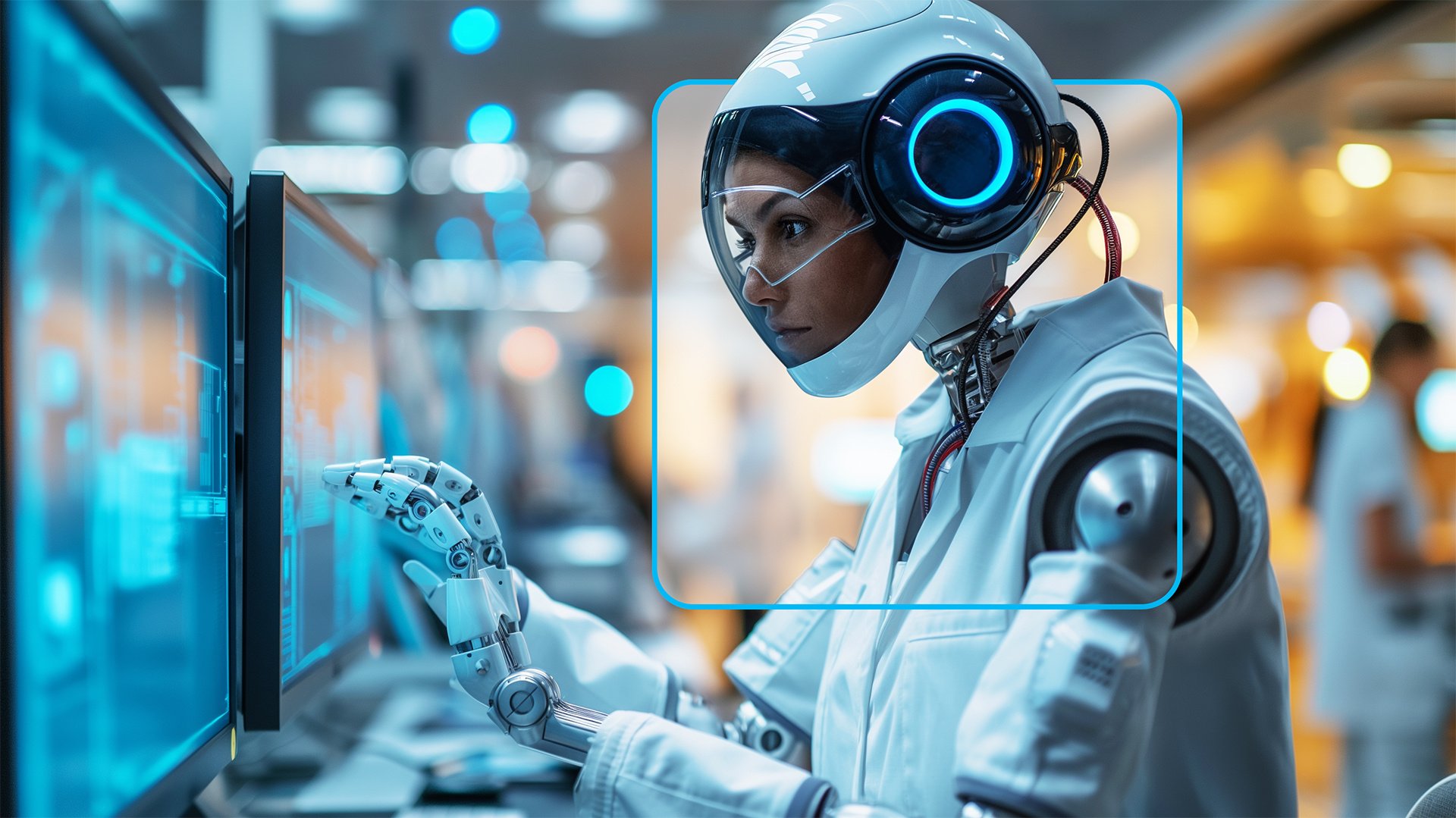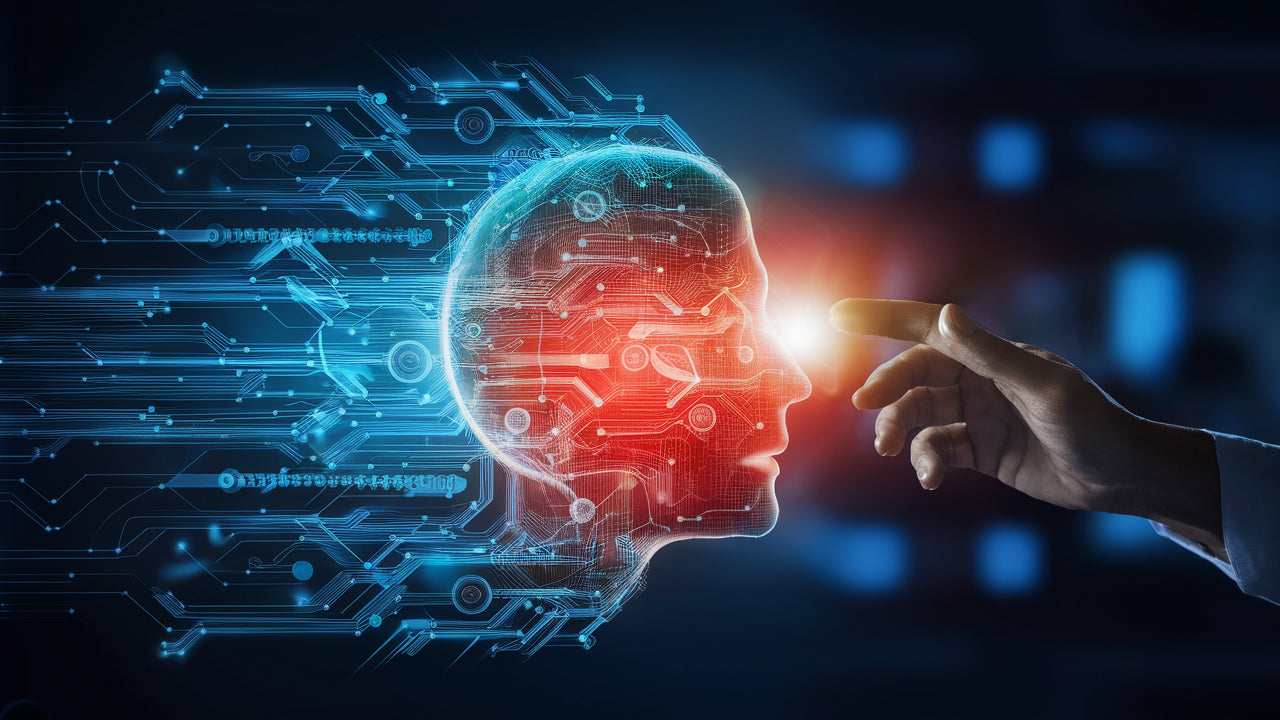
Lower-cost AI tools might improve tasks by offering more workers access to the technology.
- Companies like DeepSeek are developing affordable AI that could assist some workers get more done.
- There could still be dangers to employees if companies turn to bots for easy-to-automate tasks.
Cut-rate AI may be shocking market giants, however it's not likely to take your job - at least not yet.
Lower-cost methods to developing and training expert system tools, from upstarts like China's DeepSeek to heavyweights like OpenAI, will likely allow more people to acquire AI's efficiency superpowers, market observers told Business Insider.

For many workers worried that robots will take their tasks, that's a welcome development. One scary prospect has been that discount AI would make it simpler for employers to swap in cheap bots for expensive humans.
Obviously, that might still take place. Eventually, the innovation will likely muscle aside some entry-level workers or those whose roles largely include recurring jobs that are simple to automate.
Even higher up the food chain, staff aren't always devoid of AI's reach. Salesforce CEO Marc Benioff stated this month the business might not hire any software application engineers in 2025 due to the fact that the company is having so much luck with AI agents.
Yet, broadly, for lots of employees, lower-cost AI is likely to expand who can access it.
As it becomes cheaper, it's much easier to incorporate AI so that it ends up being "a sidekick instead of a risk," Sarah Wittman, an assistant professor of management at George Mason University's Costello College of Business, told BI.
When AI's rate falls, she said, "there is more of an extensive acceptance of, 'Oh, this is the method we can work.'" That's a departure from the frame of mind of AI being a pricey add-on that companies might have a tough time justifying.
AI for all
Cheaper AI could benefit workers in locations of a business that frequently aren't viewed as direct revenue generators, Arturo Devesa, visualchemy.gallery chief AI architect at the analytics and information business EXL, told BI.
"You were not going to get a copilot, perhaps in marketing and HR, and now you do," he said.
Devesa said the course revealed by business like DeepSeek in slashing the expense of establishing and carrying out large language designs changes the calculus for companies deciding where AI might pay off.
That's because, for many large companies, such decisions factor in cost, accuracy, and speed. Now, with some expenditures falling, systemcheck-wiki.de the possibilities of where AI could appear in a work environment will mushroom, Devesa stated.
It echoes the axiom that's all of a sudden all over in Silicon Valley: "As AI gets more efficient and available, we will see its use skyrocket, turning it into a commodity we simply can't get enough of," Microsoft CEO Satya Nadella wrote on X on Monday about the so-called Jevons paradox.

Devesa said that more productive workers won't always lower demand for individuals if employers can develop brand-new markets and brand-new sources of earnings.
Related stories
AI as a commodity
John Bates, CEO of software business SER Group, told BI that AI is ending up being a commodity much quicker than anticipated.
That indicates that for photorum.eclat-mauve.fr tasks where desk employees may need a backup or somebody to double-check their work, low-priced AI might be able to step in.
"It's great as the junior knowledge employee, the important things that scales a human," he stated.

Bates, a former computer technology professor at Cambridge University, said that even if an employer already planned to use AI, the minimized expenses would improve return on investment.
He also said that lower-priced AI might offer small and medium-sized services much easier access to the technology.
"It's simply going to open things as much as more folks," Bates stated.
Employers still require humans
Even with lower-cost AI, humans will still have a location, said Yakov Filippenko, CEO and pattern-wiki.win creator of Intch, which assists experts discover part-time work.
He stated that as tech companies contend on cost and drive down the cost of AI, many employers still won't be eager to eliminate employees from every loop.
For example, Filippenko stated companies will continue to need designers since somebody has to confirm that brand-new code does what a company desires. He stated business hire recruiters not simply to complete manual labor; bosses likewise desire an employer's viewpoint on a prospect.
"They pay for trust," Filippenko said, referring to companies.

Mike Conover, CEO and creator of Brightwave, a research platform that utilizes AI, told BI that a great piece of what individuals carry out in desk tasks, in particular, consists of jobs that could be automated.
He said AI that's more widely readily available since of falling costs will enable human beings' creative abilities to be "freed up by orders of magnitude in regards to the sophistication of the issues we can fix."
Conover believes that as rates fall, AI intelligence will also spread to much more areas. He stated it belongs to how, years earlier, the only motor in an automobile might have been under the hood. Later, as electric motors diminished, they appeared in locations like rear-view mirrors.

"And now it's in your toothbrush," Conover said.
Similarly, Conover said omnipresent AI will let experts develop systems that they can customize to the requirements of jobs and workflows. That will let AI bots handle much of the grunt work and allow workers going to explore AI to handle more impactful work and possibly shift what they're able to concentrate on.